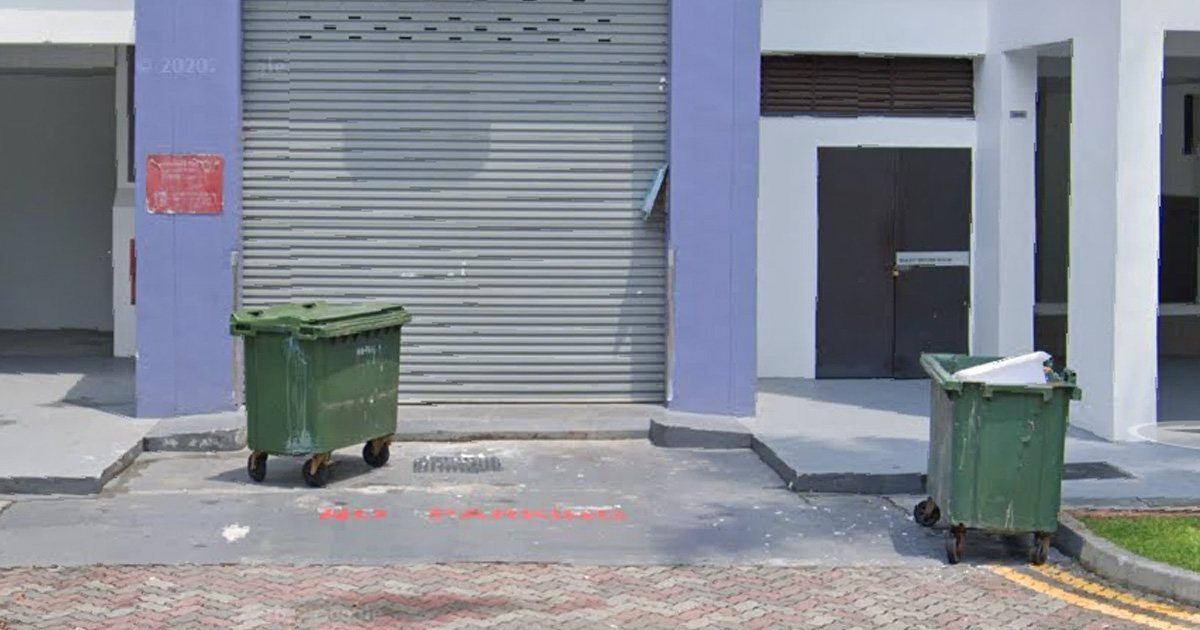
WASTE DISPOSAL FEE INCREASE, PAY MORE FROM JULY 1

Starting from July 1, residents in Singapore will have to pay more for public waste collection due to rising operational and manpower costs.
In a statement released on March 28, the National Environment Agency (NEA) announced that monthly household refuse collection fees for Housing Board flats and non-landed private housing will increase from $9.81 to $10.20, an increase of 39 cents. Meanwhile, the monthly fee for those living in landed homes will go up from $32.67 to $34, an increase of $1.33.
“The household refuse collection fee for HDB flats can be offset by the permanent GST Voucher – U-Save and the Assurance Package (AP) U-Save. U-Save rebates for FY2024 are disbursed in April, July, October this year and January the following year. It is credited directly into eligible households’ utilities accounts managed by SP Services. U-Save rebates help eligible households cope with their utility expenses [1], including the refuse collection fee.”
NEA stated that the revised fees will ensure that Singapore’s overall waste management system can operate sustainably. Household refuse collection fees are reviewed biennially, and the agency noted that average charges by public waste collectors have increased over the past few years in tandem with rising operational and manpower costs.
There are three public waste collectors in Singapore, namely 800 Super Waste Management, Alba W&H Smart City, and SembWaste, which were appointed through open competitive tenders. Each household pays one of these collectors a refuse collection fee through its monthly utility bill.
Residents of HDB flats can offset their refuse collection fees through U-Save rebates, which are given quarterly. The rebates for the 2024 financial year will be credited in April, July, October, and January 2025.
NEA emphasized the importance of waste segregation and reduction to minimize the impact of the increased fees. Residents are encouraged to continue practicing waste segregation and reduction, which can help reduce the amount of waste sent to the landfill and contribute to a more sustainable waste management system in Singapore.
The increase in waste disposal fees is a necessary step towards ensuring the sustainability of Singapore’s waste management system. By practicing waste segregation and reduction, residents can do their part in minimizing the impact of the increased fees and contributing to a greener and more sustainable future.
Environment
Userixsd 01/04/2024
Anymore coming?
Reply